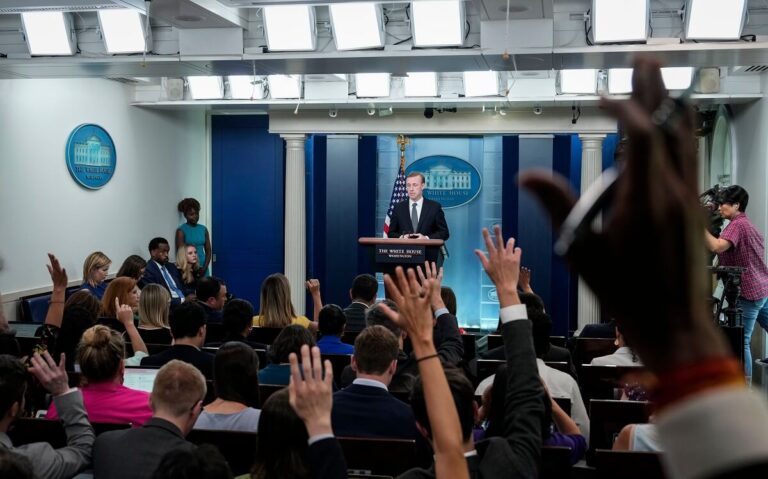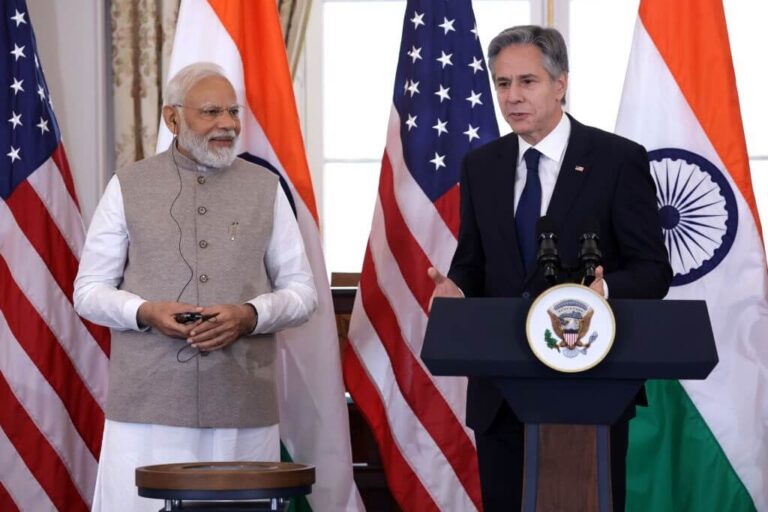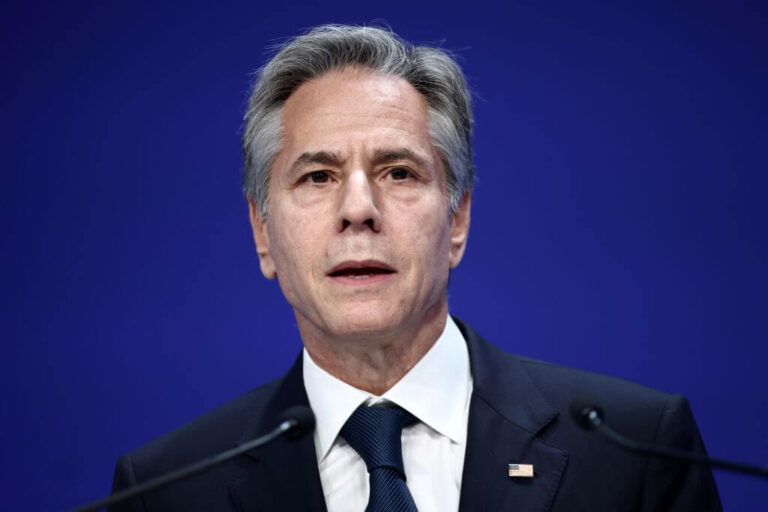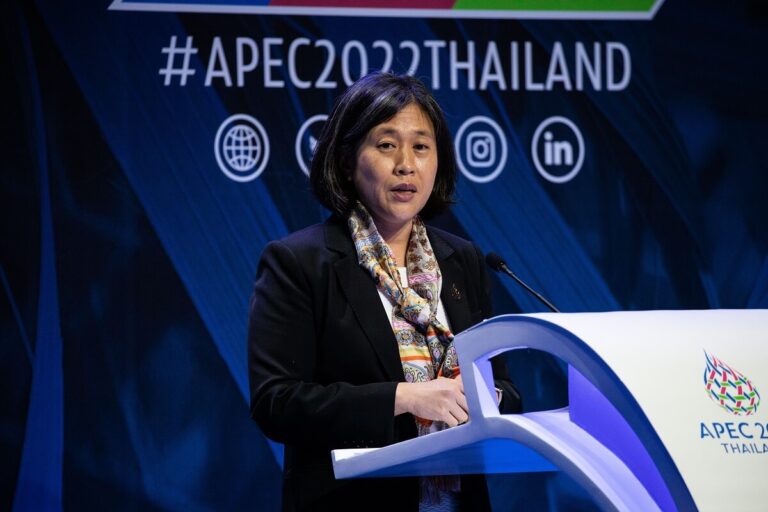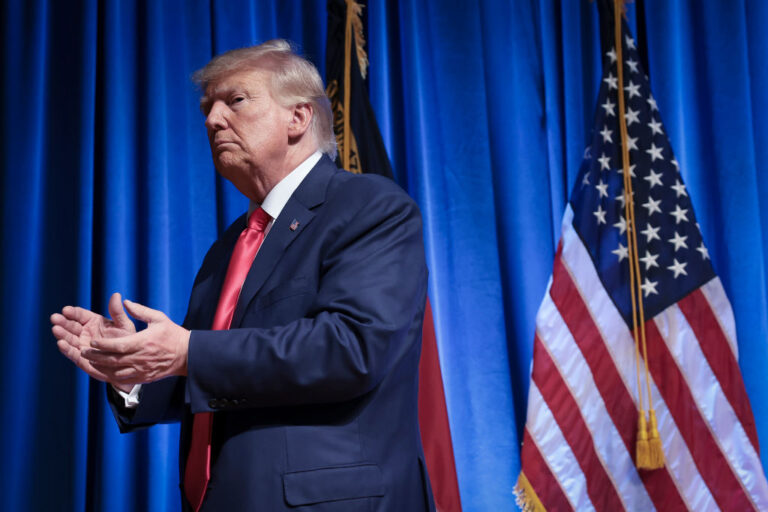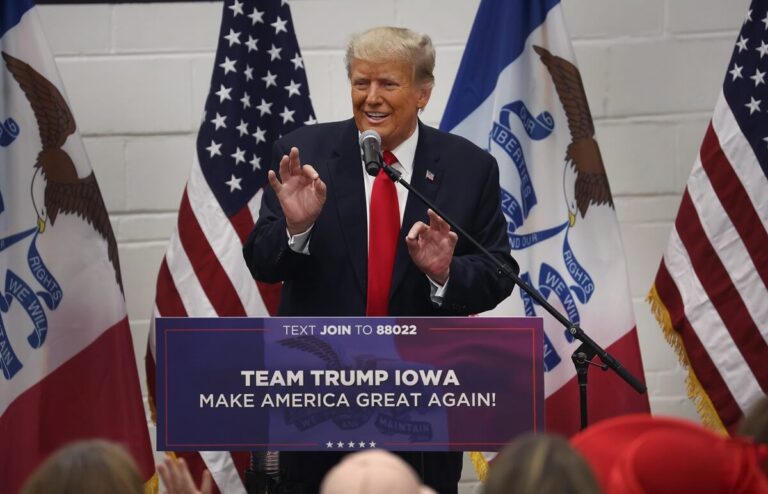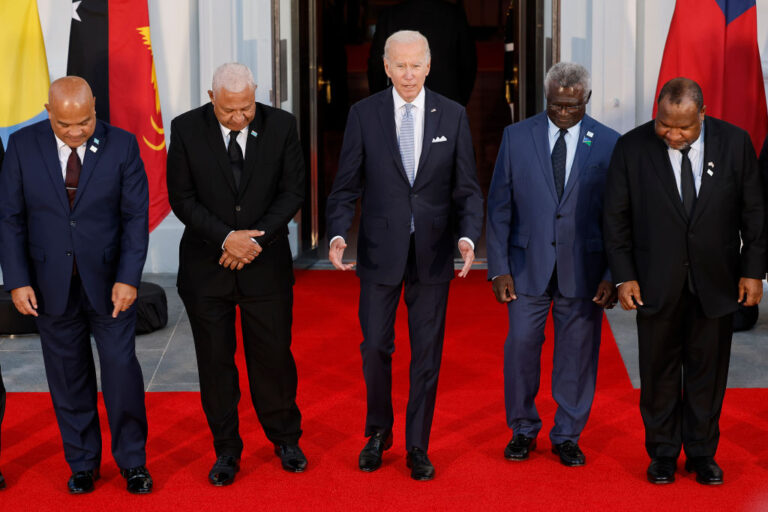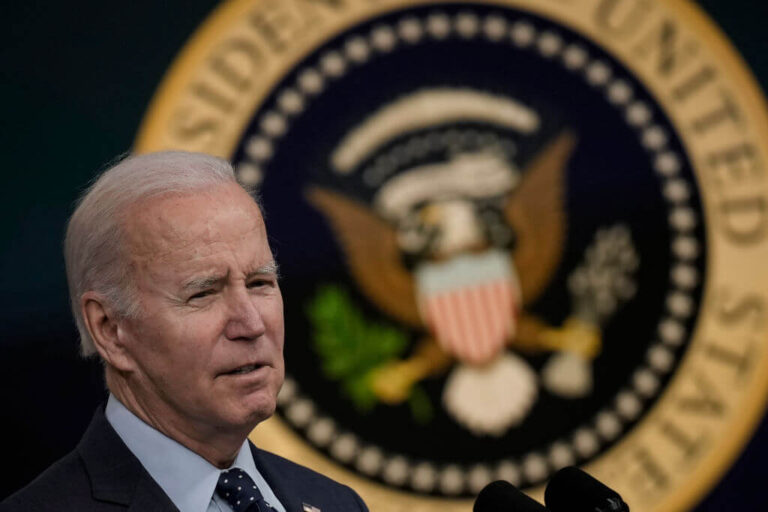Last June, the visit of Prime Minister Narendra Modi to the White House, hosted by President Joe Biden's administration, marked the beginning of the U.S.-India Comprehensive Global and Strategic Partnership. While the visit was significant in strengthening strategic alignment and discussing the future of regional security in the Indo-Pacific, it also raised concerns regarding democratic values.
In 2021, Modi's initial visit to the White House unveiled a vision to enhance the strategic partnership between ASEAN and the Quad members, fostering shared interests in the Indo-Pacific and beyond. The State dinner, an honor typically reserved for the closest of allies, has been extended to only a select few, including French President Emmanuel Macron and South Korean President Yoon Suk Yeol. Modi's visit, thus, becomes the third state dinner hosted by the White House.
A notable highlight of the Strategic Partnership is the chapter on Critical and Emerging Technology (iCET), which was introduced in January 2023, setting a significant milestone in U.S.-India relations. This development comes at a crucial time, as Chinese authorities recently implemented new export control regulations for minerals crucial in microchip manufacturing, such as germanium and gallium. In response, leading U.S. semiconductor manufacturer Micron Technology announced a substantial investment of $825 million in a new chip assembly and testing facility in India.[1] The assembly, testing, and packaging (ATP) sector, primarily concentrated in East and South Asia, represents the largest segment of the industry. The United States and India eagerly anticipate the next iCET meeting, scheduled to take place in New Delhi later this year.
Despite carefully orchestrating a display of unity, several challenges persist in U.S.-India relations. One such challenge lies in the closely monitored upcoming elections in Bangladesh, as the United States, India, and China closely observe developments. Given Bangladesh's strategic location on the economically active Bay of Bengal, with a shared border with India, it holds significance for Indo-Pacific competitors. Washington sees India as a strategic counterweight to China. However, analysts worldwide note that “despite deepening strategic ties with the U.S., India remains hesitant to align fully with America, although China's growing assertiveness may compel it to abandon its neutral stance.”[2] India's longstanding policy of non-alignment, predominantly focused on the military domain since 1950, is transforming due to recurring border disputes with China. The Indo-U.S. relationship's key lies in maintaining a balance of power vis-à-vis China. Nevertheless, India aims to retain access to the Chinese and Russian markets. Although India became the U.S.'s ninth-largest trading partner in 2021 and continues to engage in more joint military exercises with the U.S. than with any other nation, India remains the top buyer of Russian arms and the largest purchaser of Russian crude oil, accounting for 12% of its total imports since last September.[3] Hence, India, with the potential to emerge as a significant power in the Indo-Pacific, opts for flexible partnerships rather than cemented alliances.
Moreover, India's regional position in the Indo-Pacific has gradually stabilized, despite complexities in its relationship with the Quad. Notably, India's response to Moscow's invasion of Ukraine showcased the country's flexibility in a multipolar world order when “New Delhi refused to condemn Moscow’s invasion of Ukraine”[4]. Furthermore, India's ongoing modernization of its ground and air forces demonstrates its ability to navigate between Russian and American equipment and training.
Joseph S. Nye asserts, "Given its substantial population, nuclear weapons, a large army, growing labor force, elite education, entrepreneurial culture, and influential diaspora, India will remain a significant actor in the global balance of power."[5] However, we must consider whether the cost of maintaining such a stance outweighs the potential expenses on democratic values.
India's active participation in global discussions on democracy faces scrutiny, particularly regarding policies that target Muslim minorities, suppression of dissent through the imprisonment of journalists, activists, and civil society organizations, and the exercise of judicial influence against political opponents, most notably Rahul Gandhi. Despite facing criticism, Modi enjoys enduring popularity among the Indian American diaspora and is poised to secure a third term next year. The support for Modi within the Indian American community in Congress has become a topic of discussion, as notable figures like Ro Khanna, Shri Thanedar, Ami Bera, and Raja Krishnamoorthi openly signed a letter denouncing Modi's democratic backsliding regime. Indian Americans constitute the second-largest immigrant group and the fastest-growing voting bloc in the U.S.[6] With a population of nearly five million, Indian Americans have the potential to become a significant influence in upcoming U.S. presidential elections.[7] This context suggests that democratic backsliding may polarize the Indian American electorate, with some supporting Modi's efforts to elevate India's global role while others criticize domestic policies that may adversely affect the population.
In conclusion, the U.S.-India partnership reflects both shared interests and challenges as the two countries navigate the complex landscape of global politics. India's growing influence, along with its commitment to democratic values, necessitates a careful evaluation of the costs and potential consequences associated with its strategic stand.
Author:
Katja-Elisabeth Herrmann works as a research fellow at the Warsaw Institute. She graduated with an MA in Transatlantic Affairs from the College of Europe (Warsaw, Poland) and the Fletcher School of Law and Diplomacy at Tufts University, cross-registering as a student at the Harvard Kennedy School of Government (Boston, MA). Additionally, Katja-Elisabeth holds a BA in International Relations and International Organizations, which she combined with a degree in International and European Law (LLB) from the University of Groningen. Her research is mainly devoted to transatlantic security and defense topics, particularly emerging and disruptive technologies. She was recently awarded the Squire Patton Boggs Foundation public policy fellowship in 2022 to conduct research on U.S. domestic politics and the Three Seas Initiative. She is also interested in cybersecurity and crisis management. She recently presented her research at the Fletcher School on semiconductor technologies’ political and industrial landscape in the U.S. and the EU. She will continue her research, focusing on the challenges and opportunities for military procurement for NATO allies.
This article was written as part of the statutory activities of the Polish think tank Warsaw Institute. If you appreciate the content prepared by our partner, we appeal to you for financial support for this non-profit organisation.
More information:
www.warsawinstitute.org/support/

[1] Jane Lanhee Lee, “Micron confirms up to $825 million investment in India chip facility” Reuters (June 22, 2023). https://www.reuters.com/technology/micron-confirms-up-825-mln-investment-india-chip-facility-2023-06-22/
[2] Tharoor Shashi, “The US and India’s Non-Aligned Alliance” Project Syndicate (July 5, 2023)
https://www.project-syndicate.org/commentary/us-india-relations-remarkable-transformation-by-shashi-tharoor-2023-07?barrier=accesspaylog
[3] Ruchi Bhatia, and Adrija Chatterjee, “India Says Share of Russian Oil in Total Purchases Jumped 6 Fold” Bloomberg (September 8, 2022). https://www.bloomberg.com/news/articles/2022-09-08/india-says-share-of-russian-oil-in-total-purchases-jumped-6-fold
[4] Aditi Malhotra, “Engagement, not Entanglement: India’s Relationship with the Quad” Georgetown Journal of International Affairs (May 1, 2023) https://gjia.georgetown.edu/2023/05/01/engagement-not-entanglement-indias-relationship-with-the-quad/
[5] Nye Joseph S., “India, the US and the global balance of power” The Strategist (3 Jul 2023) https://www.aspistrategist.org.au/india-the-us-and-the-global-balance-of-power/
[6] Serhan Yasmeen and Astha Rajvanshi, “What Modi's Visit to Washington Tells Us About Indian American Voters” (June 16, 2023)https://time.com/6287826/biden-modi-state-visit-indian-american-voters/
[7] Sara Sadwani and Maneesh Arora, “Indian American Election Survey” Pomona College and Wellesley College (2022). https://sarasadhwani.com/wp-content/uploads/2021/02/Indian-American-Election-Survey.pdf

